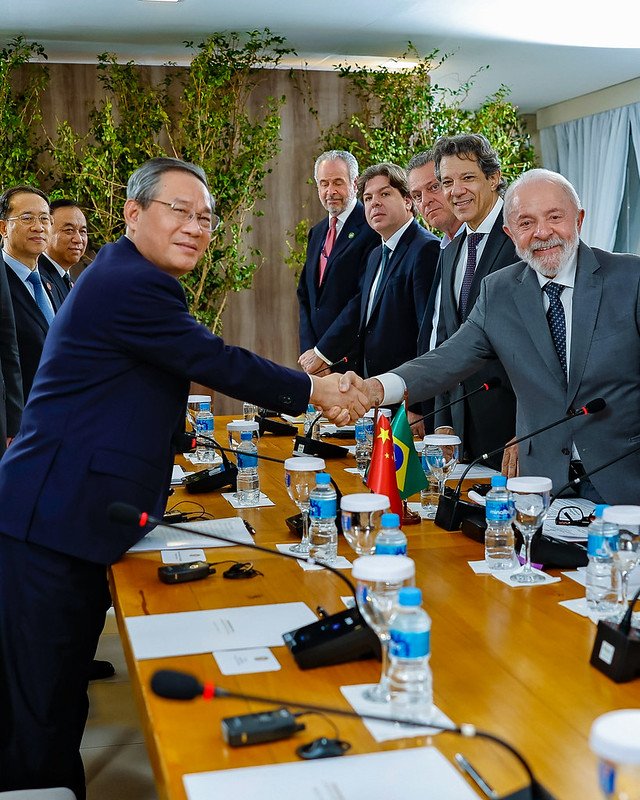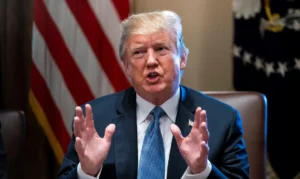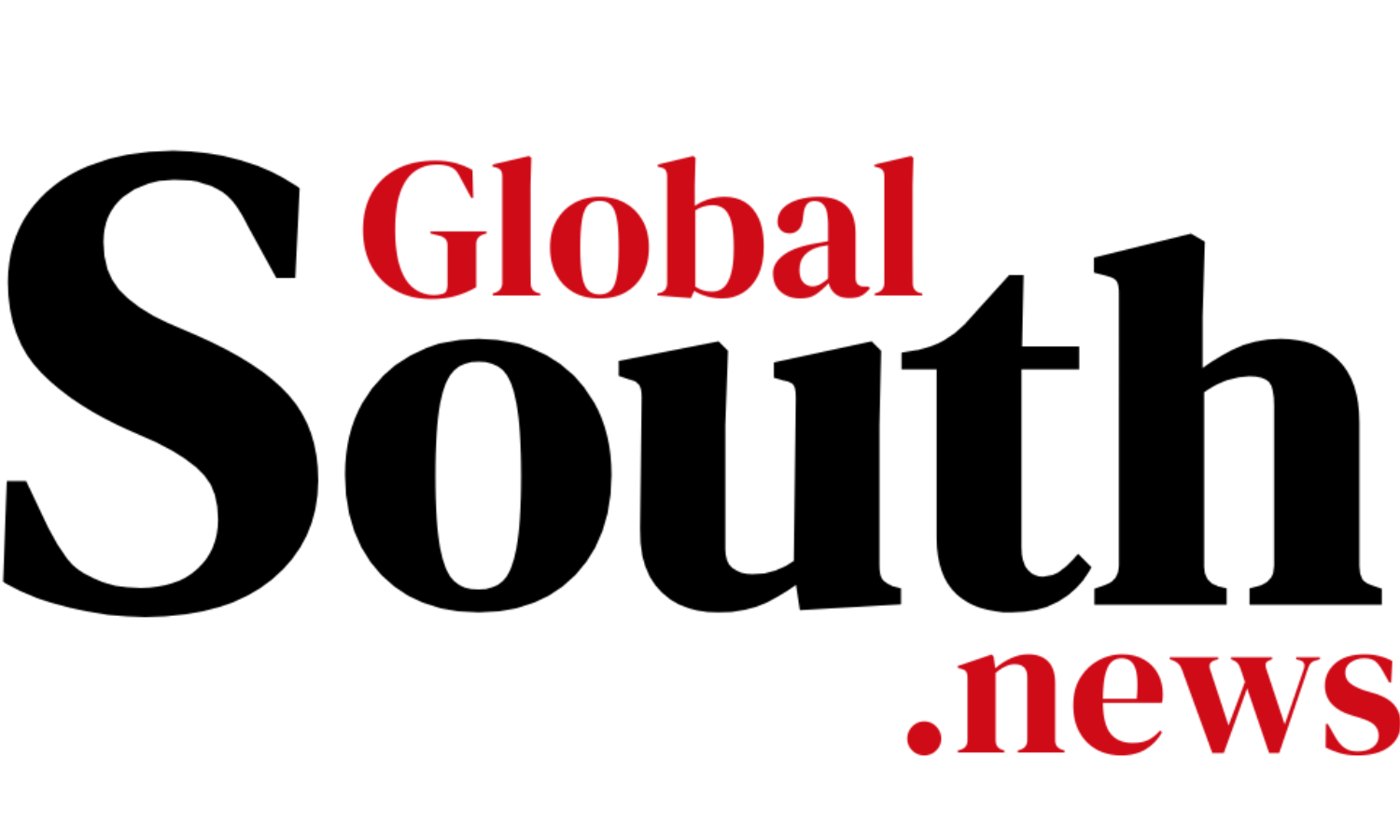
BRICS in Rio: A Brick to the Face of Imperialism
The Final Declaration of the XVII BRICS Summit represents a brick to the face of American imperialism and its court of Global North vassals.
The pun is easy to understand – BRICS in English means “brick,” and the final charter of the meeting in Rio de Janeiro acts as a brick thrown against Western hegemony.
The Declaration expresses the historical aspirations of the Global South for greater protagonism in world governance. The document represents a direct criticism of the aggressive imperialism of the United States and its habit of intervening in other countries to promote its own values, without measuring consequences.
BRICS openly condemned the attacks by the United States and Israel on Iran. The document registers “condemnation of the recent military attacks against Iran and the associated nuclear risks,” denouncing the military escalation promoted by the Washington-Tel Aviv axis in the Middle East.
Regarding Palestine, the bloc defended “the need for a long-term solution to the situation in Palestine,” a position that directly confronts unconditional American support for the genocide in Gaza and European complicity with Israeli war crimes.
China and Russia, permanent members of the UN Security Council, registered support for greater prominence of Brazil and India in the body. This position also constitutes a slap in the face of the shameful vassalage of Europe and other Global North countries, which systematically bow to American interests.
Beyond the BRICS Final Charter
Beyond the BRICS final charter, it is worth highlighting the forceful speeches of some representatives and heads of state. The Prime Minister of Malaysia, Anwar Ibrahim, delivered a historic anti-colonialist speech during the BRICS Business Forum. Ibrahim evoked the 1955 Bandung Conference and declared that “we are not here to complain or lament those who believe in unilateral actions – tariffs, protectionism. Here, we raise a voice for multilateralism, for collaboration.”
The Malaysian leader was even more direct in stating that Global South countries must “speak from a position of strength – not as weak ex-colonial countries, but as independent nations with a clear position.”
The Iranian Minister of Foreign Affairs, Abbas Araghchi, who represented President Masoud Pezeshkian at the summit, made firm statements about the situation in the Middle East. Araghchi told leaders that he had advocated that “all members of the United Nations strongly condemn Israel” and that “Israel and the United States must be held accountable for human rights violations.” The Iranian foreign minister warned that the consequences of the war “will not be limited” to one country: “The entire region and beyond will be harmed.”
Direct Confrontation with Western Imperialism
The bloc also condemned “the imposition of unilateral coercive measures contrary to international law.” BRICS refers here to economic sanctions, trade embargoes, financial blockades, and other punishments imposed by the United States and its allies. These measures represent Washington’s preferred weapon to bend countries that refuse to accept its hegemony.
The criticisms extend to discriminatory measures imposed under the pretext of environmental concerns. The Global North uses the climate agenda as a new form of economic control over developing nations.
Breaking Financial Hegemony
BRICS advanced in the discussion about the use of local currencies in trade among member countries. This initiative aims to break the dominance of the American dollar as the world’s reserve currency.
The group began conversations to establish its own Multilateral Guarantees, creating alternatives to the Western-controlled financial system. The countries advocated for increased quotas for emerging nations in the IMF and greater participation in the World Bank.
Multipolarity in Action
The Brazilian presidency was guided by the reform of global governance and the expansion of the voice of Global South countries. These objectives represent the essence of the struggle against the unipolar order imposed by the United States after the end of the Cold War.
BRICS now has new members and partner countries, consolidating a bloc that represents more than half of the world’s population. Malaysia and Bolivia adhered to the thematic declarations, expanding the anti-imperialist front.
The final document of the summit had as its motto “Strengthening Global South Cooperation for a More Inclusive and Sustainable Governance.” More than 200 meetings and 30 Brazilian ministries participated in the elaboration, demonstrating the country’s commitment to building a multipolar world order.
Brazil maintains the BRICS presidency until December 2025, a crucial period to consolidate initiatives that challenge Western hegemony and promote the legitimate interests of Global South nations.








